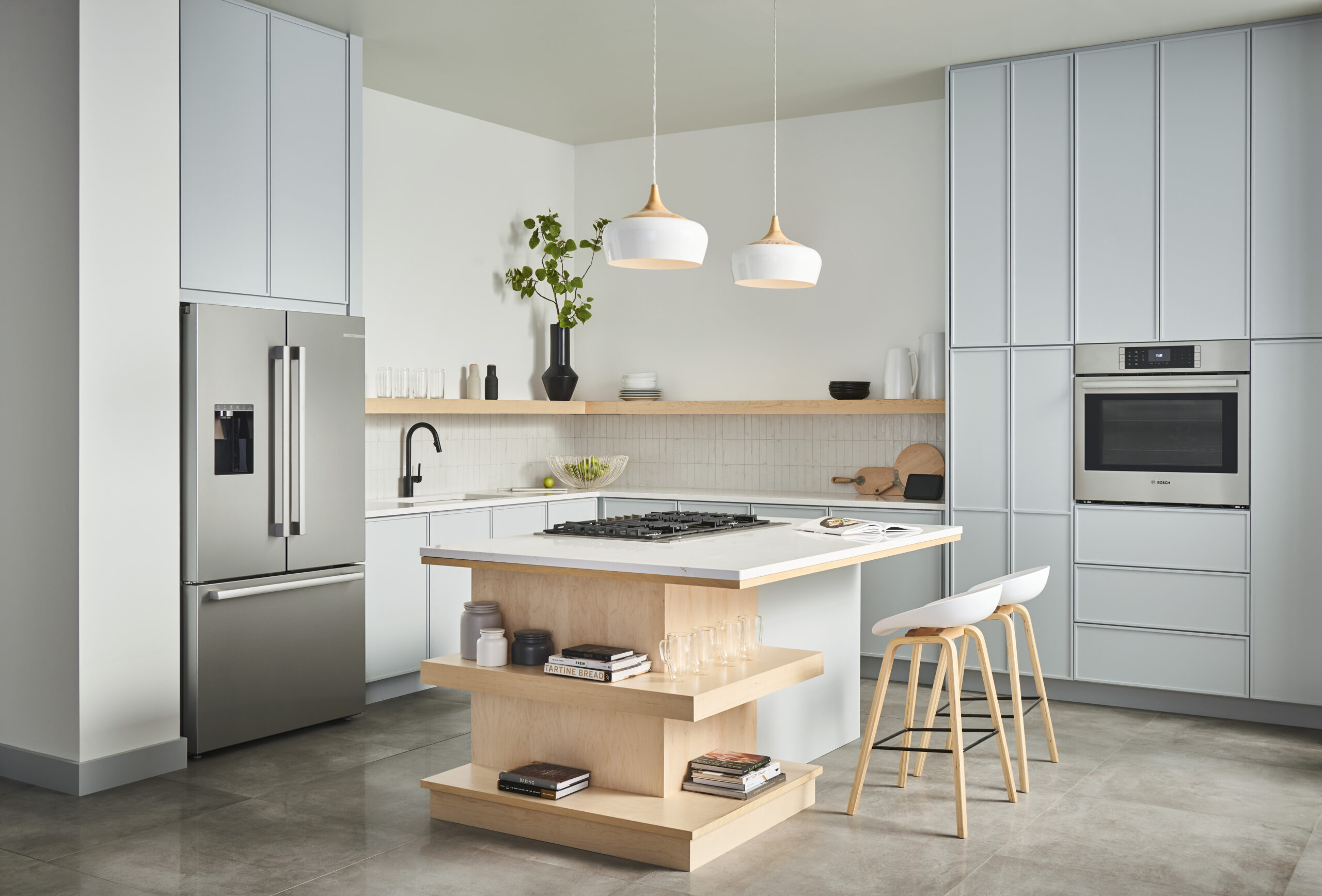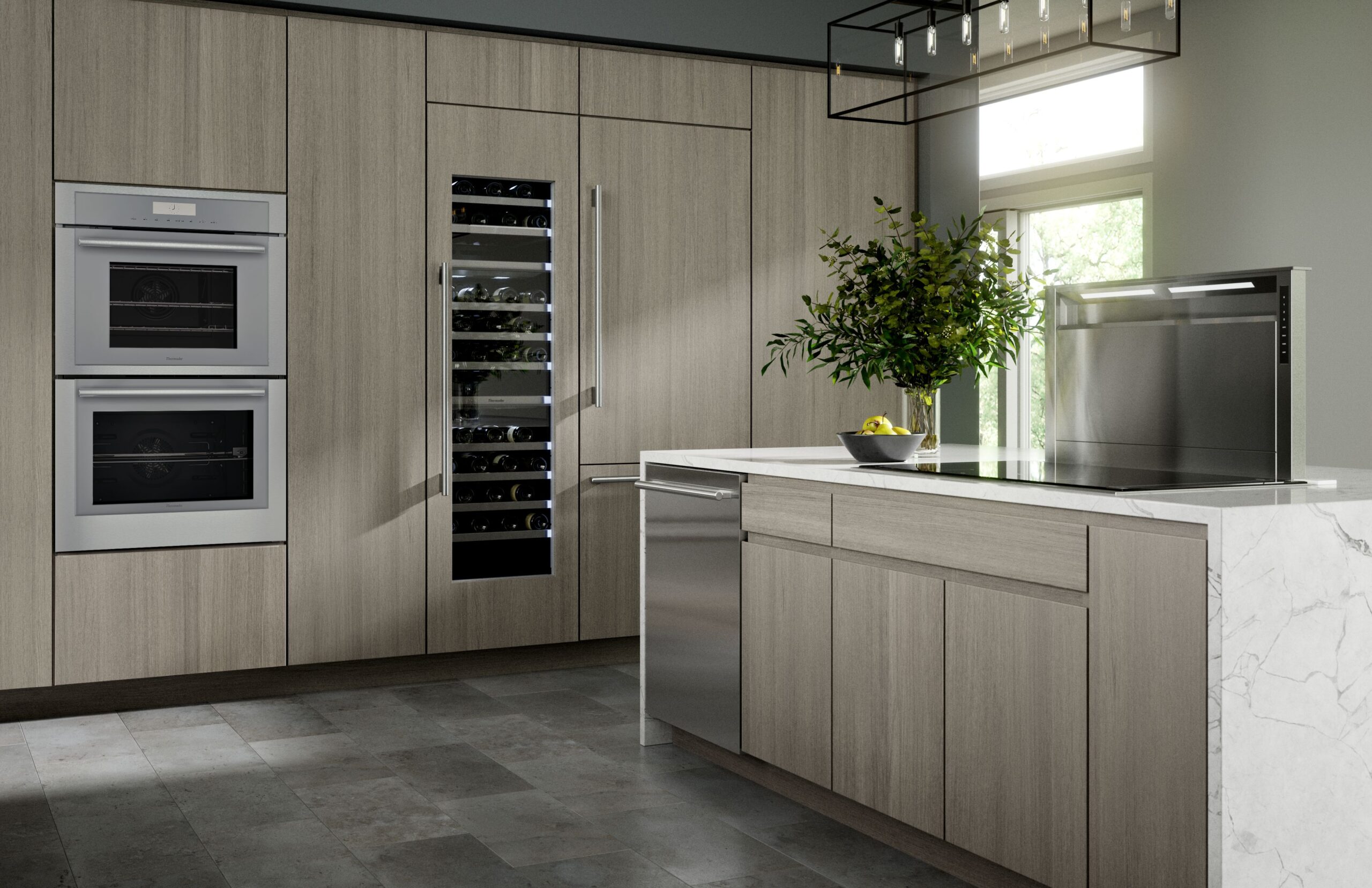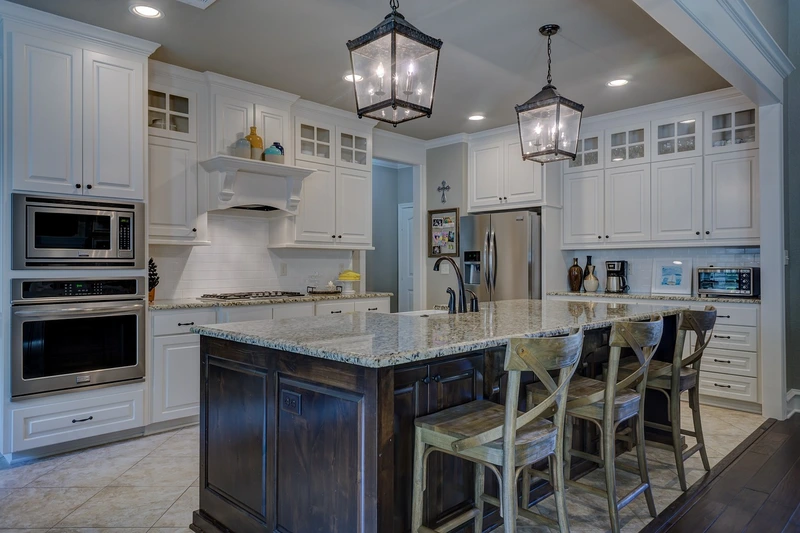Why Is Kitchen Remodeling So Expensive?
One of the most frequent questions homeowners ask when planning a kitchen remodel is, “Why is kitchen remodeling so expensive?” The cost of a kitchen renovation can often come as a surprise, especially when compared to other home improvement projects. However, there are several reasons why remodeling your kitchen tends to be more costly, from the materials used to the labor required to execute the project.
For homeowners in San Jose, it’s important to understand what drives up the costs and how working with Kitchen Remodeling Contractors San Jose can help ensure you’re getting the best value for your investment.
High-Quality Materials Drive Up the Cost
One of the primary reasons kitchen remodeling is expensive is the cost of materials. Kitchens require durable and high-quality materials that can withstand heavy use and frequent cleaning. The materials used for countertops, cabinetry, flooring, and backsplashes are critical not only to the aesthetics of your kitchen but also to its longevity and functionality.
Countertops: High-end countertops, such as granite, quartz, or marble, are often chosen for their durability and beauty. These materials are naturally more expensive than alternatives like laminate or tile, but they offer a significant upgrade in terms of style and performance.
Cabinetry: Custom or semi-custom cabinets made from solid wood or high-quality materials can significantly drive up the cost of a kitchen remodel. Cabinets are one of the most-used features in a kitchen, and opting for durable, well-crafted cabinetry is essential for long-term functionality.
Appliances: Today’s modern kitchens are equipped with energy-efficient and high-performance appliances, which come at a higher price point. Upgrading to top-of-the-line appliances, such as refrigerators, ovens, and dishwashers, can add thousands of dollars to your kitchen renovation budget but offer long-term energy savings and convenience.
Labor Costs and Skilled Contractors
Labor is another significant factor in the overall cost of kitchen remodeling. Kitchens involve complex systems like plumbing, electrical, and ventilation, which require skilled labor to modify or install. Unlike other rooms in the house, the kitchen must be both functional and safe, and this requires coordination between multiple trades.
Electrical Work: Upgrading or adding new electrical systems in your kitchen can be a costly endeavor, especially if your home’s wiring is outdated or if you’re adding new appliances that require dedicated circuits. Professional electricians ensure that all electrical work complies with local safety codes.
Plumbing: Plumbing work is often necessary in a kitchen remodel, especially if you’re relocating the sink, dishwasher, or adding a new kitchen island with a sink. Proper plumbing installation is vital to prevent future water damage and ensure that your kitchen functions properly.
Carpentry and Cabinet Installation: Installing custom cabinetry and ensuring that all storage spaces are well-integrated into the kitchen design is another factor that drives up labor costs. Custom cabinets require precise measurements and expert craftsmanship.
General Contractor Fees: Managing a kitchen remodel requires the coordination of several trades, and this is where hiring a general contractor becomes essential. General contractors ensure that your project stays on schedule, within budget, and that all work complies with local building codes. However, this service does add to the overall cost.
The Complexity of Kitchen Remodeling
Another reason why kitchen remodeling is more expensive than other home improvement projects is the complexity of the work involved. Kitchens are the heart of the home, and their functionality depends on the coordination of multiple systems—appliances, plumbing, electrical wiring, and ventilation—all of which must work seamlessly together.
Moving Appliances or Sinks: If your remodel involves moving appliances, sinks, or gas lines, this adds significant complexity to the project. Each of these elements requires specialized work to ensure proper installation, and any mistakes could lead to future repairs.
Upgrading Electrical Systems: Many older homes in San Jose were not built to accommodate the electrical demands of today’s modern kitchens. If your kitchen requires an electrical upgrade, this can add both time and money to your renovation, as electricians may need to install new circuits or replace outdated wiring.
Custom Design Features: Custom kitchen islands, unique cabinetry layouts, and integrated storage solutions are just a few examples of design features that add complexity—and cost—to a kitchen remodel. While these upgrades enhance the overall functionality and aesthetic of your kitchen, they often require expert carpentry and longer project timelines.
Hidden Costs to Watch For
Even if you’ve budgeted carefully for your kitchen remodel, unexpected costs can still arise. These hidden costs can push your renovation over budget, so it’s important to plan for potential surprises.
Structural Issues: During the demolition phase, contractors may discover issues such as water damage, mold, or even faulty wiring behind the walls. These issues need to be addressed before the renovation can continue, adding to the overall cost of the project.
Permits and Inspections: Depending on the scope of your remodel, you may need to obtain permits for electrical, plumbing, or structural changes. While permit costs are generally a small percentage of your overall budget, they are a necessary expense to ensure that your remodel complies with building codes.
Design Changes: As your remodel progresses, you might find that certain design elements need to be changed or upgraded. Even small changes, like selecting a different countertop material or adding an extra row of cabinets, can increase costs unexpectedly.
Getting the Best Value from Your Kitchen Remodel
Although kitchen remodeling is an investment, there are ways to manage costs while still getting the kitchen of your dreams. Here are a few strategies to help you get the most value from your renovation:
Plan Ahead: The more planning you do upfront, the more likely you are to stay on budget. Create a detailed plan that outlines your must-haves, your nice-to-haves, and your budget limits. This will help guide decisions and avoid costly changes during the renovation.
Choose Materials Wisely: High-quality materials are important for durability, but there are often mid-range options that look just as good and last just as long. For example, quartz countertops offer the durability of granite but at a slightly lower cost. Similarly, semi-custom cabinets can give you the look of custom cabinetry without the hefty price tag.
Work with Experienced Contractors: Hiring experienced contractors can save you money in the long run. Professionals with a proven track record will complete the work correctly the first time, reducing the risk of costly mistakes or delays. Kitchen Experts of Pleasanton provides a team of skilled professionals dedicated to delivering high-quality craftsmanship at competitive prices.
Ready to Get Started on Your Kitchen Remodel?
If you’re ready to transform your kitchen but want to ensure your project stays within budget, it’s time to schedule a consultation with Kitchen Experts of Pleasanton. Our team of experienced professionals will guide you through the process and help you create a kitchen that fits your vision and budget.




